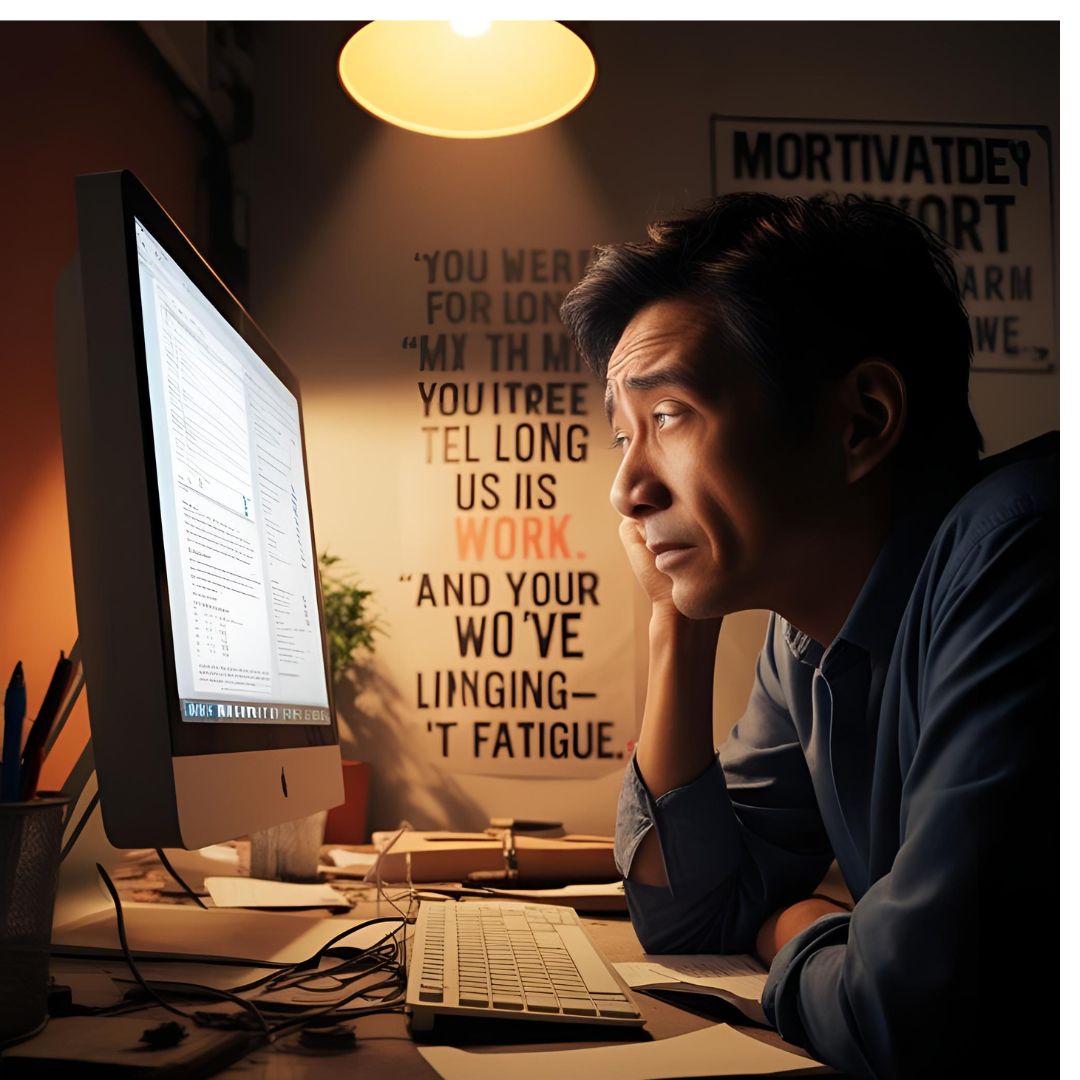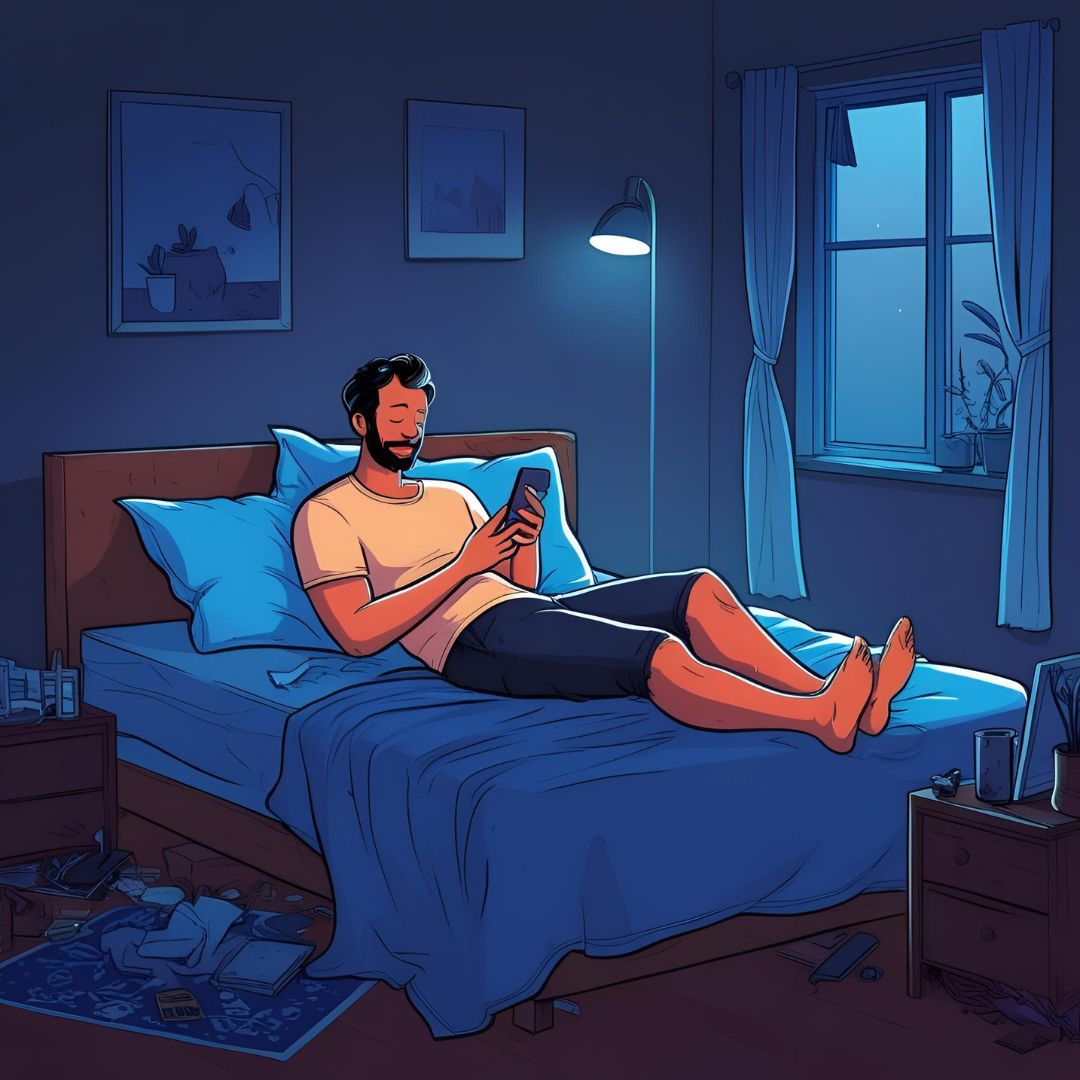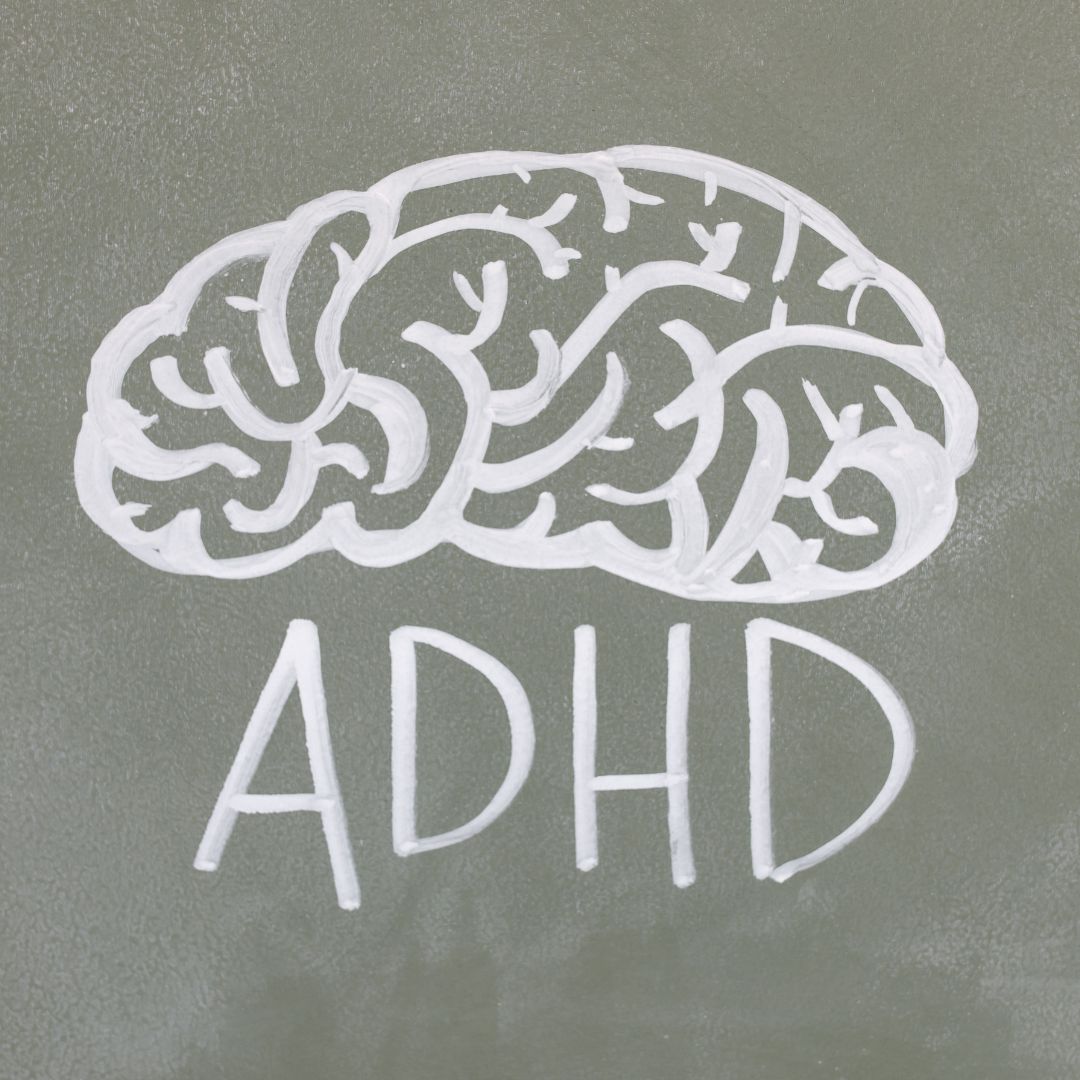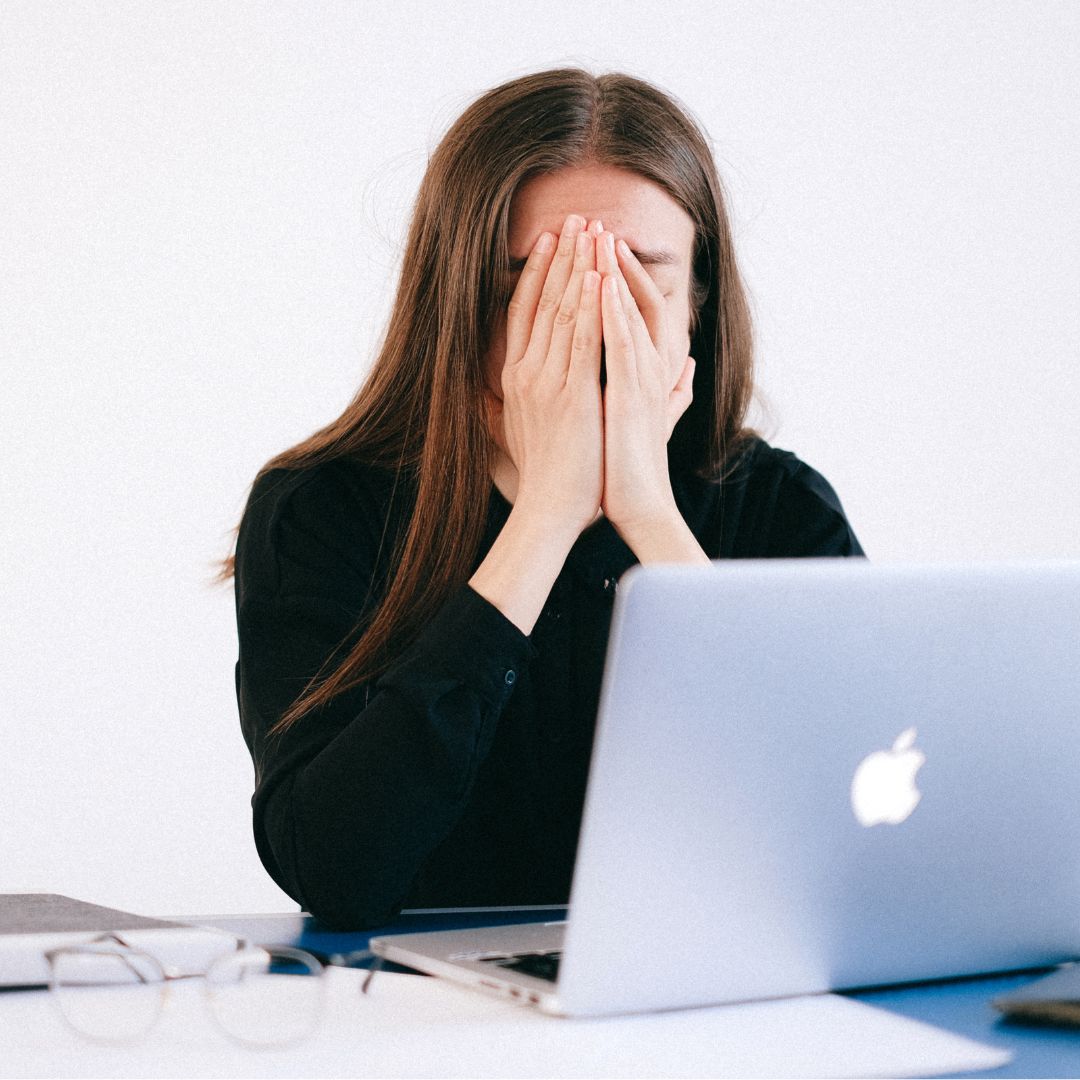Induja holds a Master’s degree in Clinical Psychology and brings a strong academic foundation to her work as a mental health content writer. With deep expertise in psychological concepts and evidence-based practices, she creates thoughtful, accurate, and empathetic content aimed at promoting mental well-being
02 May 25 11:00 am
The Impact of Blue Light Exposure on Insomnia - Strategies for Better Sleep in a Tech-Driven World
In our increasingly digital world, screen time has become a nightly routine—but at a cost. Blue light exposure from phones, laptops, and TVs can interfere with your sleep and impact mental health. This article explores how blue light affects your body and mind, and shares actionable tips from LifeHetu’s top psychologists to help you sleep better and live healthier.

On this page
Jump to sections
The Impact of Blue Light Exposure on Insomnia: Strategies for Better Sleep in a Tech-Driven World
Meta Description
Discover how blue light exposure disrupts sleep and strategies to combat its effects. Learn actionable tips for better sleep and mental health. Reclaim your life with LifeHetu’s virtual therapy and online counselling.
Introduction
In today's technology-driven age, screens dominate our daily lives, from smartphones and tablets to laptops and televisions. While technology offers unmatched convenience, its excessive use, especially during the evening hours, has been linked to sleep disturbances, primarily due to blue light exposure.
Blue light, a high-energy visible light emitted by digital devices, interferes with the natural sleep-wake cycle, leading to insomnia and other health concerns. In this article, we’ll delve into the science behind blue light's effects on sleep, its implications on mental health, and actionable strategies to mitigate its impact, with insights from LifeHetu’s best psychologists in India.
The Science Behind Blue Light and Sleep Disruption
The human body is regulated by the circadian rhythm, a natural internal clock that governs our sleep-wake cycle. Blue light exposure, particularly after sunset, disrupts the production of melatonin. This is the hormone responsible for promoting sleep. According to research presented in the Sleep Health Journal, adolescents who had a television or an Internet-connected electronic device in the bedroom had a greater risk of having trouble falling or staying asleep (adjusted risk ratio 1.27, 95% CI 1.12-1.44) and overall sleep disturbance. This has further reduced sleep quality and leads to chronic insomnia.
For individuals in India, where work-from-home culture and late-night screen usage are becoming the norm, these disruptions have become alarmingly common. College students burning the midnight oil on their laptops, professionals engrossed in late-night meetings, and even children glued to tablets for entertainment are all at risk of blue light-induced sleep disorders.

Psychological Implications of Insomnia
Beyond physical fatigue, insomnia has profound psychological consequences. According to the research paper “ The effect of sleep deprivation and restriction on mood, emotion and emotion regulation: Three meta-analyses in one,” sleep loss has been observed to have compromised optimal affective functioning, and the magnitude of effects varies across components.
Poor sleep quality, thus, can lead to mood swings, anxiety, depression, and reduced cognitive performance. At LifeHetu, our psychologists often encounter clients struggling with stress and emotional instability rooted in inadequate sleep.
Take, for instance, Ravi, a 34-year-old IT professional in Bengaluru. Ravi approached LifeHetu’s counselors, reporting irritability, difficulty concentrating, and strained relationships—all stemming from sleepless nights caused by excessive screen time. With guided counseling and practical lifestyle adjustments, Ravi reclaimed his restful nights, highlighting the importance of addressing insomnia holistically.
Strategies to Combat Blue Light Exposure
- Adopt a Screen Curfew: Limit screen usage at least 2 hours before bedtime. Replace digital entertainment with relaxing activities like reading a book or meditating. LifeHetu’s counseling team often recommends digital detox plans tailored to individual needs.
- Use Blue Light Filters: Most smartphones and laptops now come with built-in blue light filters or "Night Mode." Additionally, you can invest in blue light-blocking glasses for extended protection, especially if your work requires prolonged screen time.
- Optimize Your Sleep Environment: Ensure your bedroom is a sanctuary for sleep. Use blackout curtains, maintain a cool temperature, and switch to warm lighting in the evenings. A LifeHetu expert suggests pairing these changes with mindfulness practices for enhanced relaxation.
- Seek Professional Support: If insomnia persists despite lifestyle changes, consulting a mental health professional is vital. At LifeHetu, our psychologists specialize in cognitive-behavioral therapy for insomnia (CBT-I), an evidence-based approach that retrains your brain to develop healthier sleep habits.
- Integrate Traditional Indian Practices: Incorporating practices like yoga and Ayurveda can help combat insomnia. Techniques such as Shavasana (Corpse Pose) and guided breathing (Pranayama) are particularly effective. Drinking warm turmeric milk or chamomile tea, age-old remedies in Indian households, can also promote better sleep.
- Educate and Engage: Schools and workplaces should raise awareness about the adverse effects of blue light. Companies can collaborate with platforms like LifeHetu to organize webinars on mental health and sleep hygiene, ensuring employees and students prioritize their well-being.
The Role of LifeHetu in Promoting Mental Wellness
LifeHetu stands as a beacon of hope for individuals grappling with insomnia and other mental health challenges. With a robust team of psychologists and counselors, we provide holistic solutions that address both the psychological and lifestyle aspects of sleep issues. Our online counseling sessions are tailored to individual needs, ensuring personalized care for every client.
Whether you're a young student preparing for exams, a parent juggling responsibilities, or a professional struggling with work-life balance, LifeHetu is here to guide you toward a healthier, happier life. Our experts emphasize that addressing insomnia is not just about better sleep but about reclaiming overall mental and emotional well-being.
Conclusion
Blue light exposure is an unavoidable aspect of modern life, but its impact on sleep and mental health cannot be ignored. By implementing practical strategies and seeking professional support, when necessary, individuals can mitigate the adverse effects of blue light and foster healthier sleep habits. LifeHetu’s team of experts is committed to empowering individuals with the tools and guidance needed to lead balanced lives, ensuring that technology enhances rather than hinders our well-being.
Frequently Asked Questions (FAQs)
What is blue light and how does it affect sleep?
Blue light is a high-energy visible light emitted by digital screens such as smartphones, tablets, and computers. Exposure to blue light, especially at night, suppresses melatonin production, disrupting the body’s natural sleep-wake cycle and leading to sleep disturbances like insomnia.How does poor sleep impact mental health?
Poor sleep can lead to a range of mental health issues, including anxiety, depression, mood swings, and decreased cognitive performance. Chronic sleep deprivation disrupts emotional regulation and can affect daily functioning.What are some ways to reduce blue light exposure before bed?
To reduce blue light exposure, try setting a screen curfew 1–2 hours before bedtime, using blue light filters or night mode on devices, wearing blue light-blocking glasses, and switching to warm lighting in the evening. Practicing mindfulness or reading a physical book can also help.When should I seek professional help for sleep issues?
If insomnia or disrupted sleep persists despite lifestyle changes, it's important to consult a mental health professional. Therapies like Cognitive Behavioral Therapy for Insomnia (CBT-I), offered by platforms like LifeHetu, are effective in treating chronic sleep disorders.
References
1. Journal of the National Sleep Foundation. (2023). Total time spent on screens may displace time for sleep. Retrieved from https://www.sleephealthjournal.org/article/S2352-7218(23)00034-7/fulltext
2. Tomaso CC, Johnson AB, Nelson TD. The effect of sleep deprivation and restriction on mood, emotion, and emotion regulation: three meta-analyses in one. Sleep. 2021 Jun 11;44(6):zsaa289. doi: 10.1093/sleep/zsaa289. PMID: 33367799; PMCID: PMC8193556.
On this page
Jump to sections
Related Reads. Similar Blogs to Check Out.



